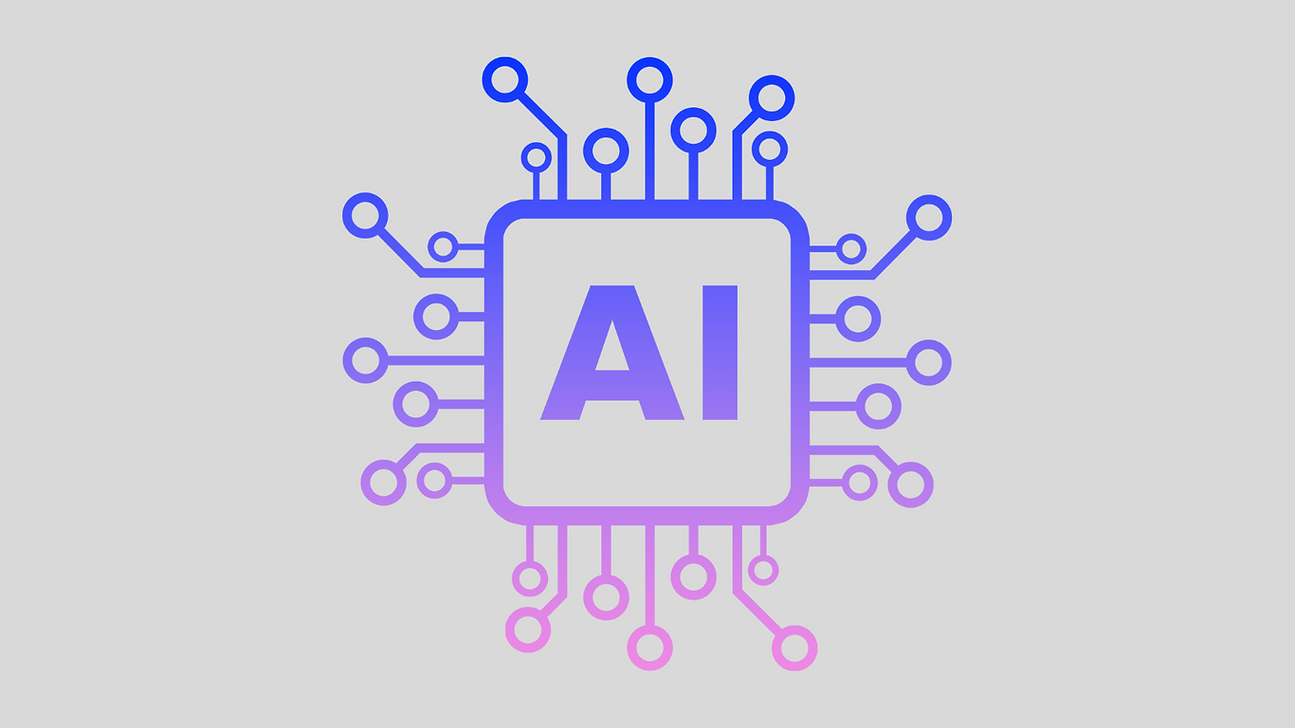5 Things I Learned About AI: Part 1

Over the past month, I have been taking AI courses through Coursera to better learn and understand what artificial intelligence is. Though AI has always been discussed, with the release of ChatGPT, it has been put in a new spotlight, with everyone either praising or criticizing AI.
I didn’t know much about AI aside from what was said in the media and decided, whether I liked it or not, that the current AI hype is here to stay. To know what it is and what it is capable of, I thought to pursue online classes instead of getting my information from the media. Also, I enjoy learning, and this was a great time to sit down and learn what AI is.
1.) What Generative AI is: - According to Google Cloud: “Generative AI is a type of Artificial Intelligence technology that can produce various types of content, including text, imagery, audio, and synthetic data. How it does this by learning from existing data and then using knowledge to generate new and unique outputs."
2.) Google claims to practice Responsible AI: - Google claims to practice responsible AI using the following seven principles: 1.) AI should be socially beneficial; 2.) AI should avoid creating or reinforcing unfair bias; 3.) AI should be built and tested for safety; 4.) AI should be accountable to people; 5.) AI should incorporate privacy design principles; 6.) AI should uphold high standards of scientific excellence; and 7.) AI should be made available for uses that accord with these principles. While these are great principles to stand by, the issue is whether Google actually practices them. Since Google has a sketchy history, don't be shocked if they don't practice what they preach.

3.) AI tech has made it easier to "monitor" employees - While this isn't new information and has been discussed due to the remote work revolution, it's interesting nonetheless. Employers can "monitor" employees in different ways, such as by: registering logon/logoff times on company-owned devices; distributing badges that record the locations of employees in a warehouse (e.g., Amazon); and monitoring language used in official emails sent by employees (Dutceac Segesten).
4.) AI has been talked about since the 1950s - AI, or symbolic AI, has been around since the 50s. While it didn't have the data or the computation power that scientists and developers needed, it was successful in terms of what AI could possibly do and was something that should continue to be pursued (Lwin). It wasn't until the 1980s, when machine learning was introduced, that AI really came into development.
5.) Two reasons why AI is being hyped - Aside from the release of ChatGPT and other AI products, there are at least two reasons why the tech is being hyped. One is computer power, or Moore's Law. As the cost of processing and storage capacity has gone down, the capacity has gone up. Two, the availability of data has skyrocketed, thanks to the internet. AI cannot work without data; now that we have more data than ever, it can work better (Blomgren).
Works Cited:
Blomgren, Henrik. Business Implications of AI: A Nano-course. EIT Digital, https://www.coursera.org/learn/business-implications-ai-nano-course.
Dutceac Segesten, Anamaria. AI, Business & the Future of Work. Lund University, https://www.coursera.org/learn/ai-business-future-of-work.
Google Cloud Training. Introduction to Generative AI. Google Cloud, https://www.coursera.org/learn/introduction-to-generative-ai.
Google Cloud Training. Introduction to Responsible AI. Google Cloud, https://www.coursera.org/learn/introduction-to-responsible-ai.
Lwin, Kelvin. AI, Empathy & Ethics. University of California, Santa Cruz, https://www.coursera.org/learn/ai-empathy-ethics.


